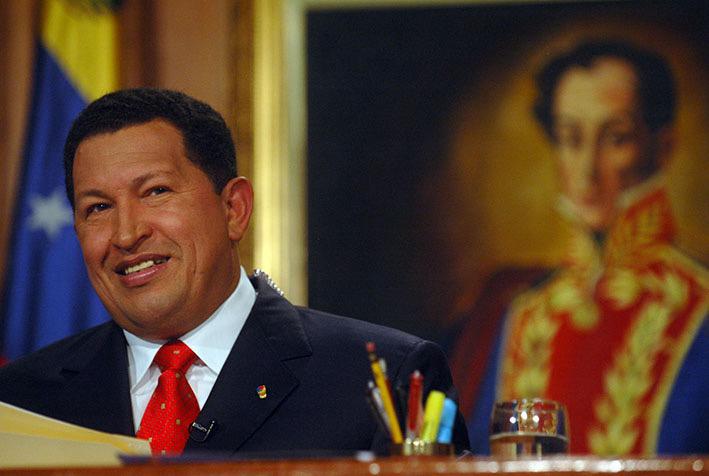Caracas, March 5, 2024.- The Venezuelan President Hugo Chávez, Commander of the Bolivarian Revolution, passed into eternity on March 5, 2013. He passionately promoted with his charisma and leadership all the integration mechanisms established in Latin America and the Caribbean in this century, especially the Bolivarian Alliance for the Peoples of Our America – People’s Trade Treaty (ALBA-TCP), which he created in December 2004 together with the Cuban revolutionary leader, Fidel Castro, based on the dream of Simón Bolívar’s Great Homeland.
The political leader, who ruled Venezuela elected by popular vote from 1999 until his physical passing in 2013, was born in Sabaneta de Barinas on July 28, 1954, being the second of six siblings of the marriage sealed between Hugo de los Reyes Chávez and Elena Frías.
After leading a civic-military uprising on February 4, 1992, widely remembered for the famous “for now” phrase, Chavez won the presidential elections in December 1998 and took office on February 2, 1999, when he immediately called for the election of a Constituent Assembly that drafted a new and advanced Magna Carta, approved by the people in December that year.
Regarding internal affairs, the new President undertook together with the people the development of a socialist project through a democratic revolution, based on the inclusion in all areas of the sectors historically deprived by the previous governments.
Regarding foreign policy, his administration was focused on promoting a new multipolar and pluricentric world, opening Venezuela to cooperation with emerging countries such as Russia, China, Iran, Turkey and South Africa; leading Latin American and Caribbean integration and strengthening ties of brotherhood with the countries of Mother Africa.
Southern progressive leader
After creating ALBA along with Cuban leader Fidel Castro in December 2004, which would later be renamed ALBA-TCP (Peoples’ Trade Treaty) with the growing incorporation of other countries, Petrocaribe was launched in June 2005, the main energy integration mechanism in the history of the Caribbean States.
In November 2005, the ALBA-TCP bloc, in strategic coordination with the emerging progressive bloc of South America, worked with Lula da Silva of Brazil and Néstor Kirchner of Argentina to defeat the colonialist proposal of the United States, known as the FTAA (Free Trade Area of the Americas).
In the same spirit of unity and integration, the Venezuelan president promoted, together with his strategic allies, two equally relevant instruments: UNASUR, the Union of South American Nations, founded in 2008; and based on its development, CELAC, the Community of Latin American and Caribbean States, created in 2010. This last space is the first in history to bring together the 33 States of Latin America and the Caribbean. That is to say, all of the Americas, except for the United States and Canada.
In this journey, Chavez became aware of the importance of the ideological, cultural and communicational battle. For this reason, in 2005, he founded Telesur, a multi-state television channel, which proposed to fight the news direction of the empire’s media corporations and become the information source for the peoples of Latin America and the Caribbean.
Chávez participated in all multilateral spaces to promote the re-foundation of a fairer international order and in that sense, he repeatedly urged for the reorganization of the United Nations system. He was a shining warning beacon against the consequences of capitalism in the world’s future, such as the impact of its predatory model in the growing climate crisis and poverty. He was also a tireless and committed advocate for peace and dialogue.
